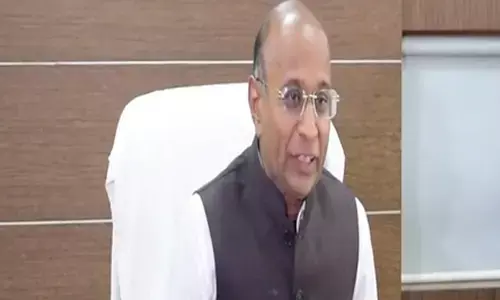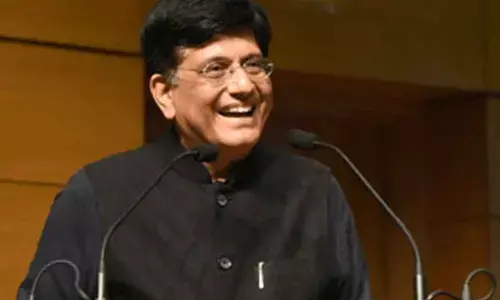Can India give higher education in Africa a boost?

African countries can expand university education by using the Indian method of not relying on expensive physical infrastructure to give access to higher education to those who deserve it, the Secretary General of the Association of Indian Universities, Furqan Qamar, has said.
Accra: African countries can expand university education by using the Indian method of not relying on expensive physical infrastructure to give access to higher education to those who deserve it, the Secretary General of the Association of Indian Universities, Furqan Qamar, has said.
A joint report by the United Nations Economic Commission for Africa (UNECA), the Africa Union (AU) and the African Development Bank (AfDB) has suggested that African countries must learn from India's approach to guarantee access to higher education to those from poorer homes.
"You don't need air-conditioned lecture theatres to build a university. In fact, a $3,000 physical infrastructure can serve the same purpose as that built with $30,000," Qamar told IANS in an interview during a visit here to attend an Association of Commonwealth Universities conference.
He said that against fewer than two dozen institutions of higher learning in 1942, India currently has about 800 universities and colleges. This was achieved by taking the process of learning closer to the communities.
Though the joint report suggested that "publicly funded colleges and universities for higher and technical education" were essential, Qamar said India's expansion was not achieved through the government system alone but also through the private sector's contribution.
He noted that the process that other universities went through were very expensive. "We have been able to use the least expensive way of building our universities to produce good quality students who have gone global because we do not compromise on standards," he said.
The AU, UNECA and AfDB have been concerned with limited access to higher education on the continent and have suggested that African countries use the model of building institutes like the Indian Institutes of Technology, Indian Institute of Science and other similar institutes funded by the central government. Unfortunately, with limited resources, this does not seem feasible.
Qamar said African countries would have to find a way of providing expanded access to education despite the limited resources because "education is not like a bunch of chocolates that benefits only the individual who enjoyed it, but the society in general."
He said financial dependence on the government to a large extent affects the autonomy of universities and their freedom, adding that African countries would have to find a way of creating self sufficiency for their higher institutions if they are to remain independent.
Qamar said India and Africa can collaborate in various ways to achieve the expansion of higher education. "We have found a way of doing it and we can share those ideas to benefit African countries that want to be assisted," he added.
By Francis Kokutse
(The author can be contacted at [email protected])











